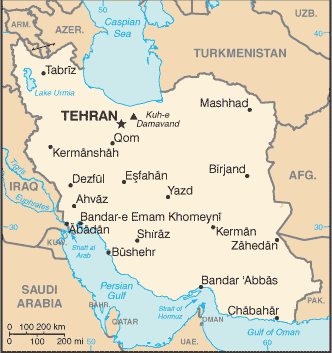The Almaty II summit has ended today with no deal, and diplomats familiar with the exchange say that the two sides remain “far apart,” particularly on the issue of what rights, if any, Iran has to a civilian nuclear program.
 The meeting was expected to be a fairly straightforward exercise in show diplomacy, with both sides exchanging pleasantries, Iran providing an answer to the Almaty I proposal, and everyone moving on to another meeting.
The meeting was expected to be a fairly straightforward exercise in show diplomacy, with both sides exchanging pleasantries, Iran providing an answer to the Almaty I proposal, and everyone moving on to another meeting.
Instead, P5+1 officials are “puzzled” and in no small measure annoyed that the meeting didn’t go to plan, as Iran presented their own counter-proposal which subsumed the initial one and included much broader pledges, with an eye toward a final settlement that would resolve the issue once and for all.
The P5+1 offer was simply for Iran to mothball much of its civilian nuclear program in return for a very trivial relaxation of sanctions, with a vague implication that more sanctions relief could happen at some point in the future.
Iran, however, wanted it in writing, and sought to start with similar “confidence-building” measures on both sides, but only as part of a broad deal that included P5+1 recognition of Iran’s right under international law to a civilian nuclear program, and with a formal commitment to a “six-month plan” that would see the bulk of the sanctions removed and a final settlement in place.
EU officials have repeatedly suggested in public comments that they believe Iran does have a right to a civilian program. It does, too, under its safeguards agreement with the IAEA. While the US has given some lip-service to Iran having some rights, however, they have also repeatedly demanded that Iran accept demands to unilaterally abandon materially the whole project and count on the generosity of the international community to give them access to medical isotopes and fuel for energy production.


